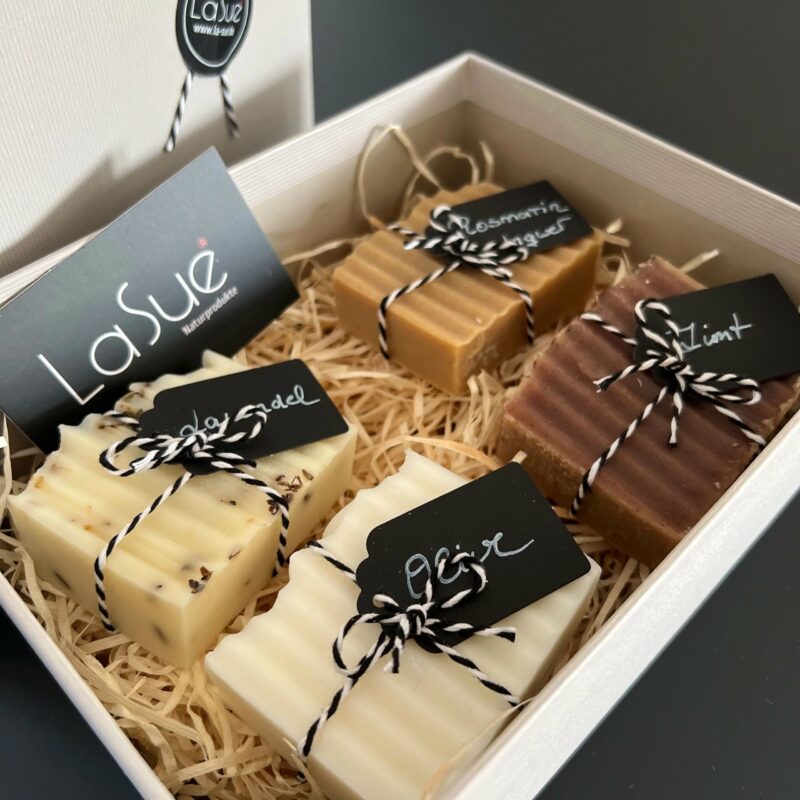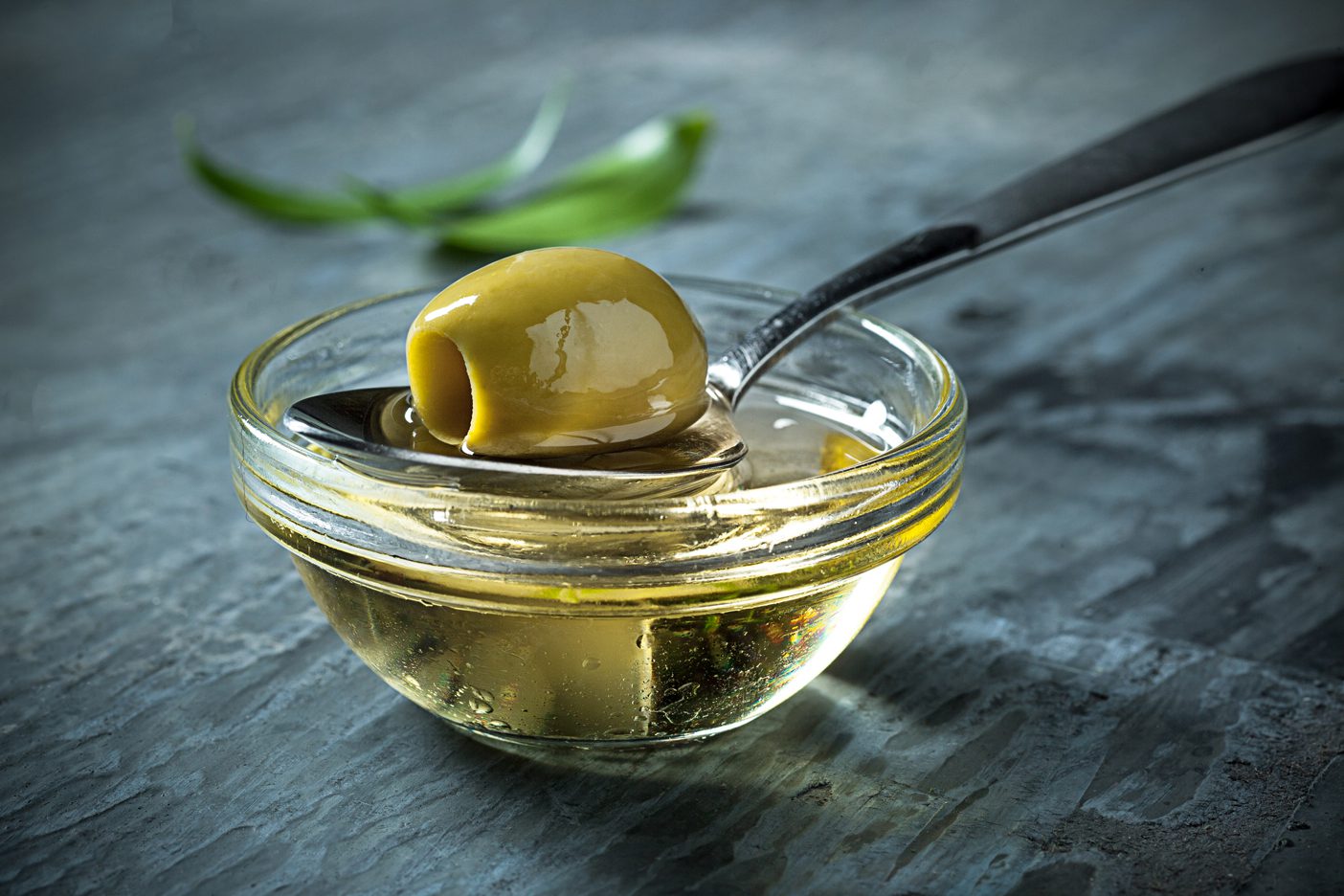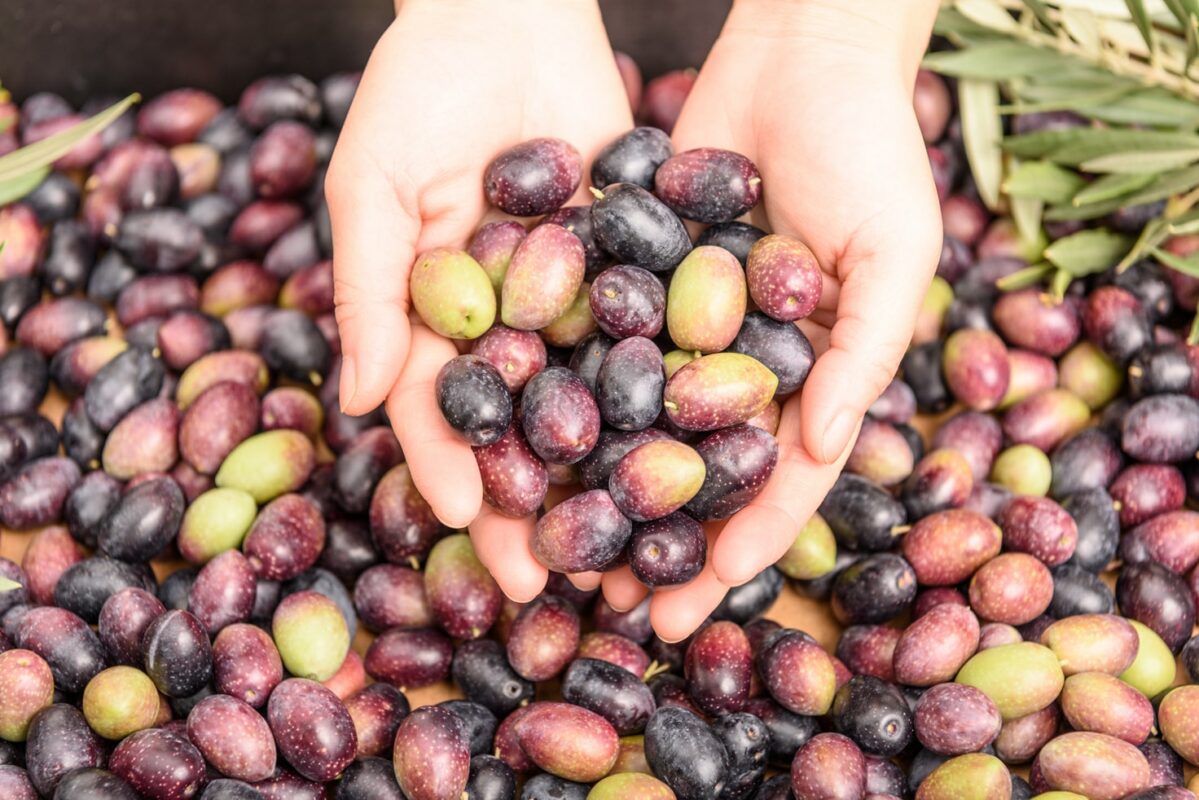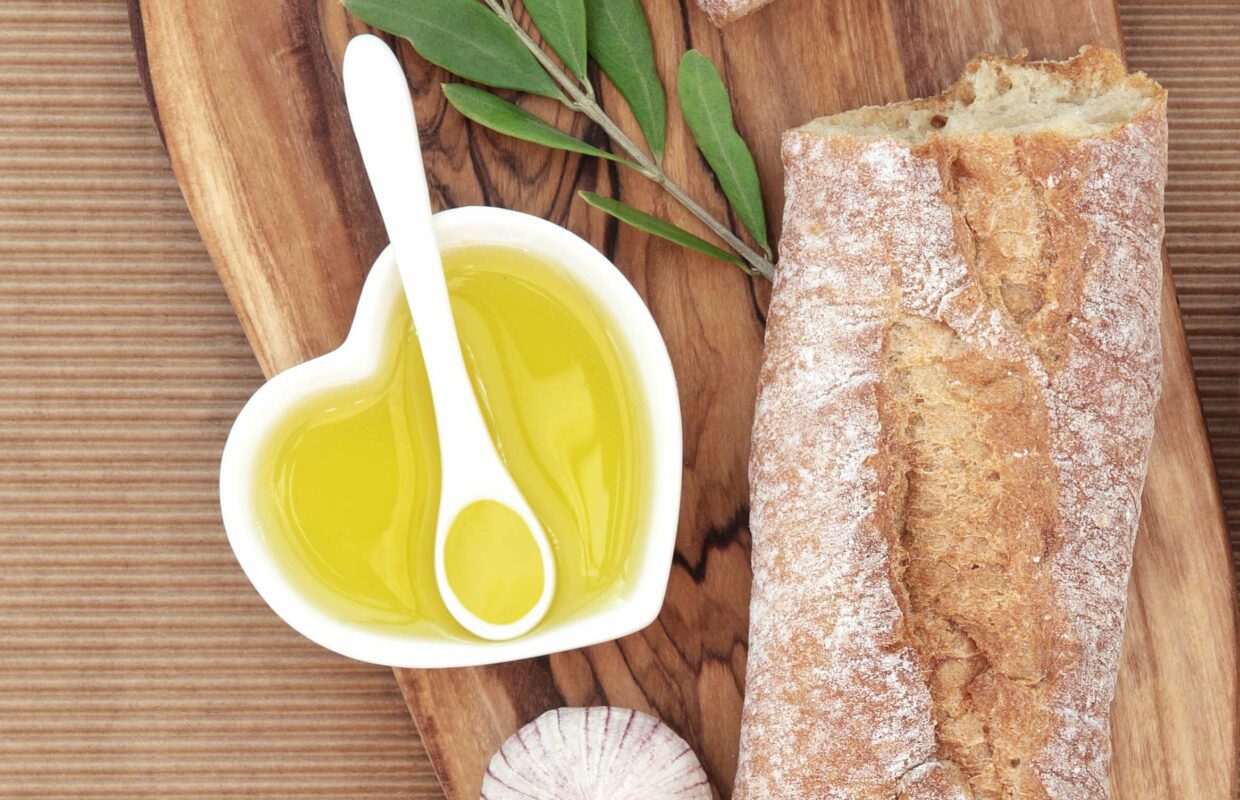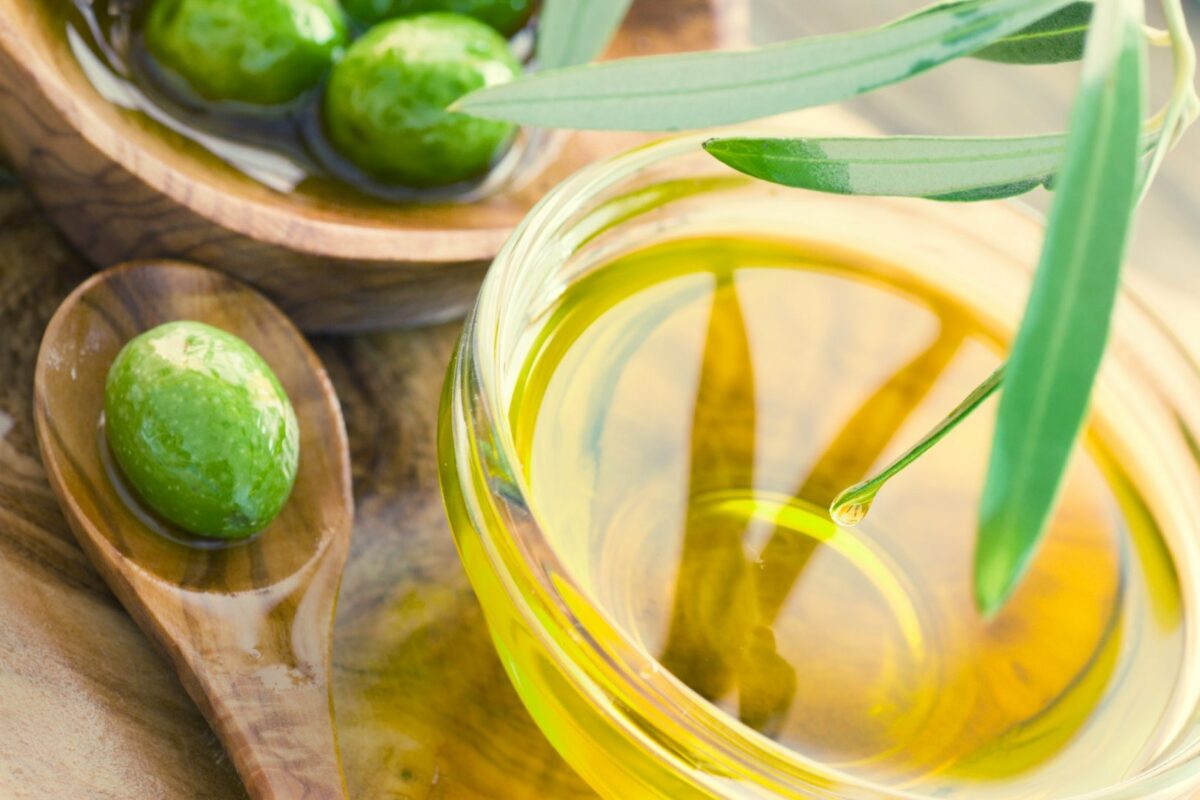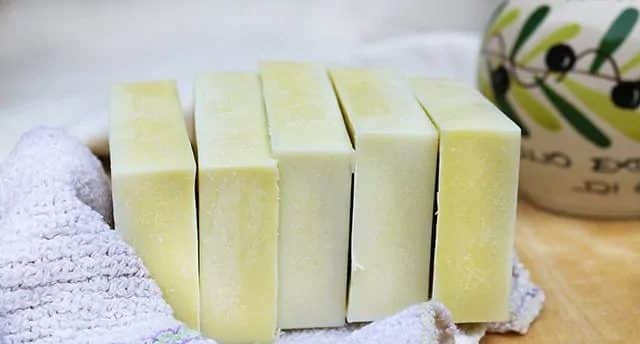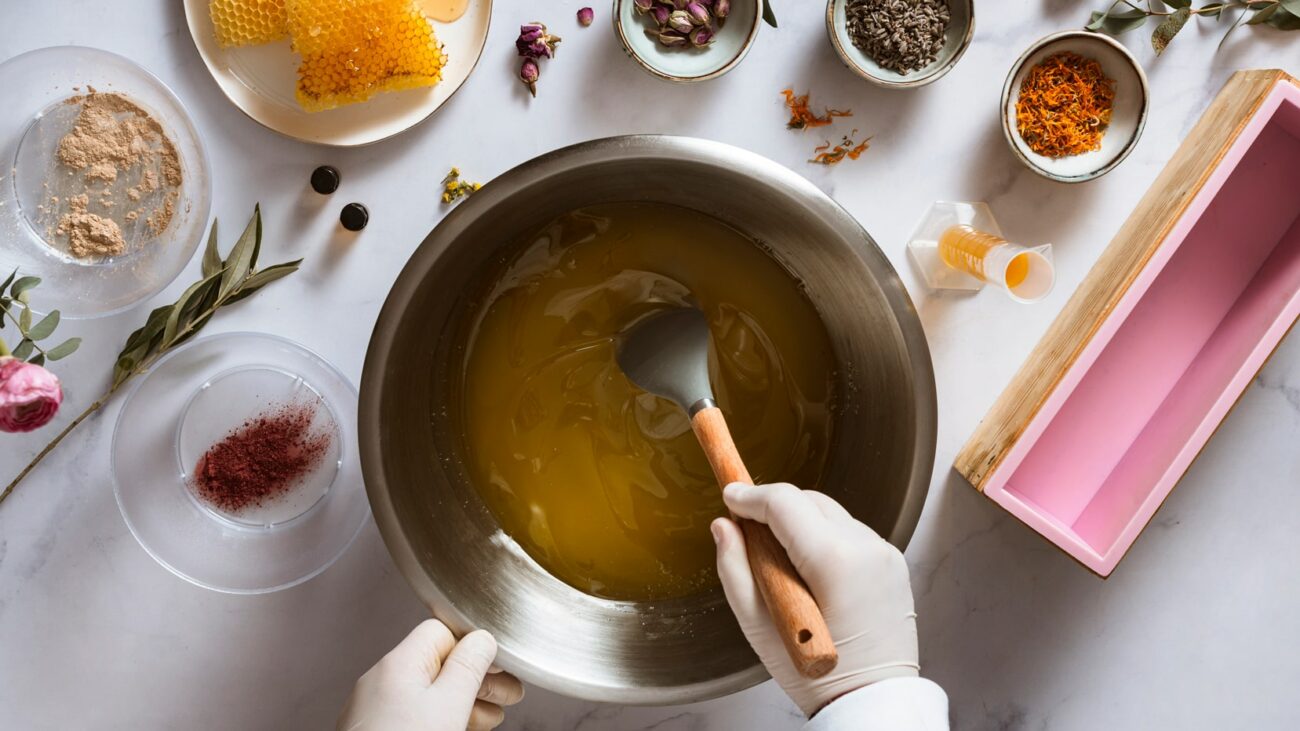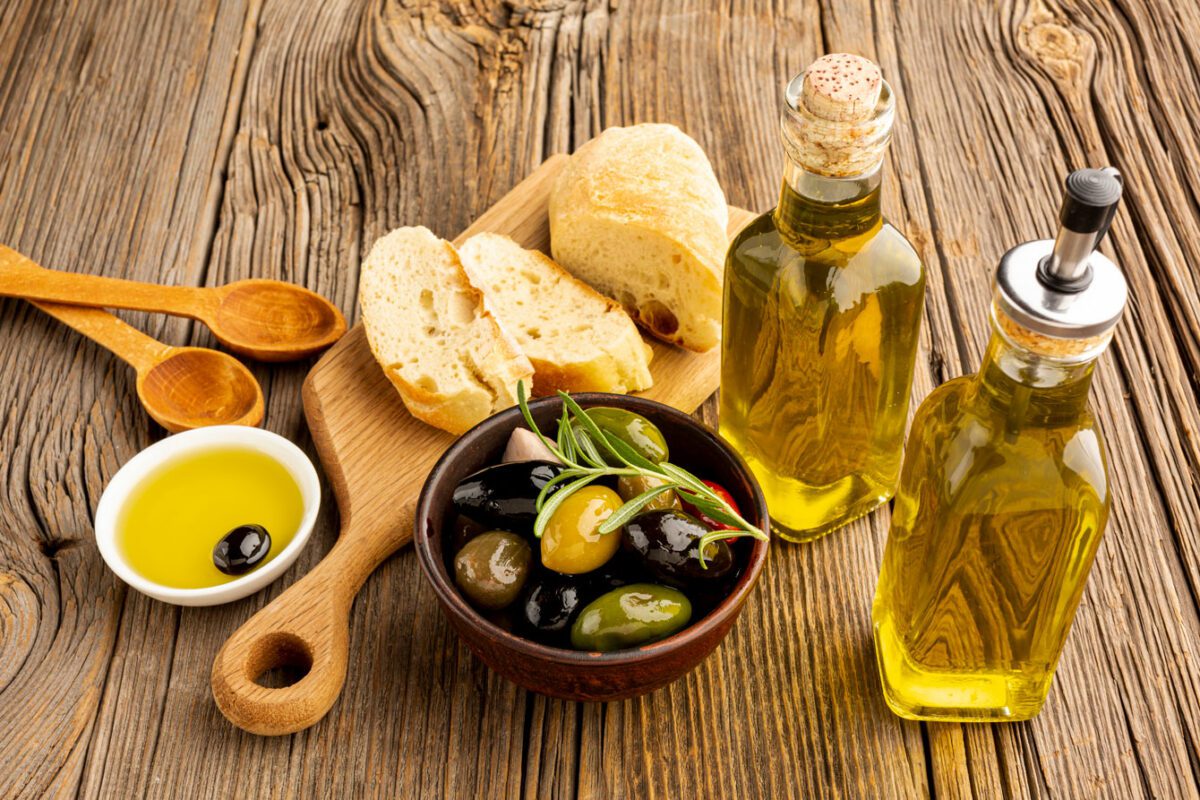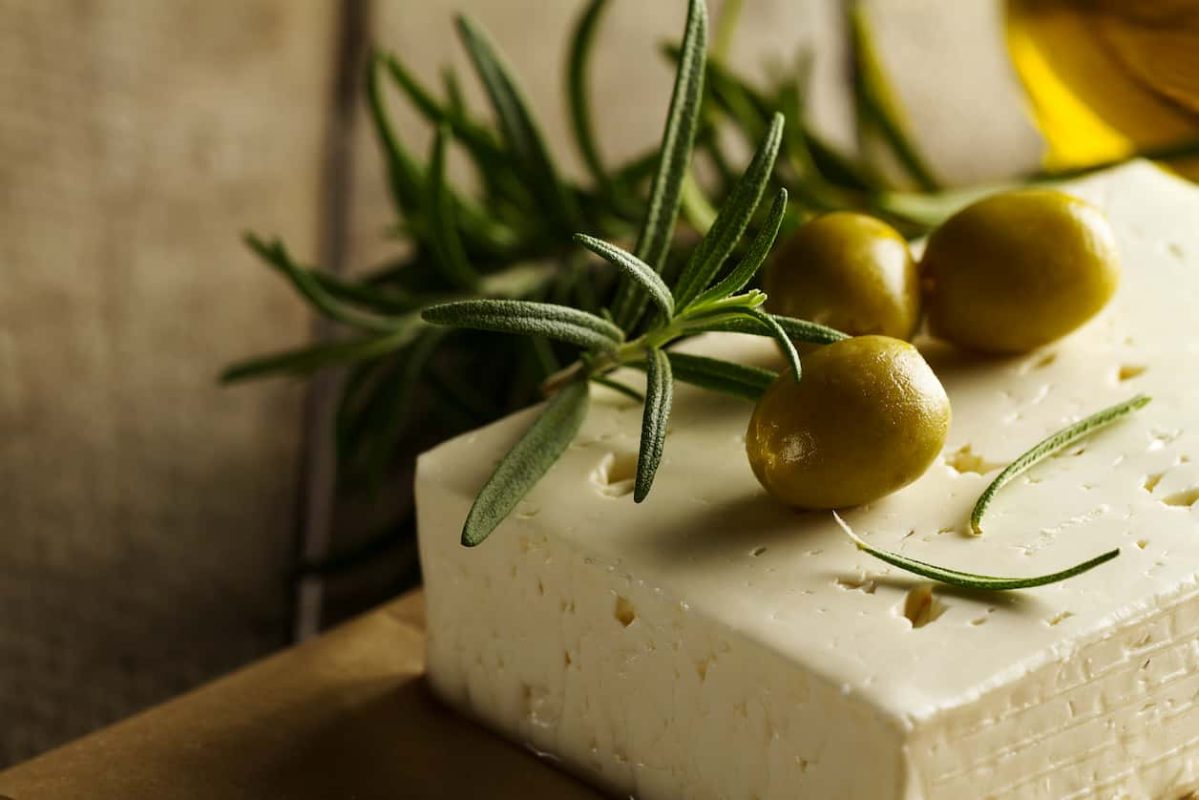Research shows that olive oil is an essential part of the Mediterranean diet to ensure maximum protection against disease, and the same is true for protection against breast cancer.
from dr Richard Hoffman - Lecturer in Nutrition at the University of Hertfordshire, UK
An interesting observation related to the Mediterranean diet is that it appears to be more protective of health in Mediterranean countries than in other parts of the world. Olive oil could play a big part in this, as Mediterranean people are more likely to use olive oil as part of their Mediterranean diet.
Breast cancer is a disease where this could be important. A Mediterranean diet has been found to help women in Spain and Italy far better protection against breast cancer than women in the US and some northern European countries (particularly the UK, Sweden and the Netherlands). In Spain and Italy, households tend to use olive oil, while in the US and Northern Europe it is far less common. The Spanish study was part of the large randomized control study of the Mediterranean diet, known as the Predimed study, and the women received free extra virgin olive oil. They had a remarkable 68% lower risk of breast cancer than the women in the study who were recommended a low-fat diet.
A Mediterranean diet supplemented with extra virgin olive oil appears to offer the best protection against breast cancer. There are Notes points out that a Mediterranean diet, even without extra virgin olive oil as the main fat, offers some protection against a form of breast cancer called estrogen receptor-negative breast cancer. However, to reap the full benefits and also reduce the risk of estrogen receptor-positive breast cancer, it seems best to use extra virgin olive oil as part of the Mediterranean diet.
The superiority of extra virgin olive oil over regular olive oil has been confirmed in a new study. This study found that women who used at least two tablespoons of extra virgin olive oil daily for seasoning, cooking, and frying had a 28% lower risk of breast cancer than women who didn't always follow the practice. Substances that are far more present in virgin olive oil than in regular olive oil — such as antioxidant polyphenols and lignans, which block the effects of estrogen — may help protect against breast cancer.
The benefits of extra virgin olive oil were confirmed a few years ago by a panel of experts who stated that extra virgin olive oil is likely to help reduce the risk of breast cancer - albeit with the important proviso that it is part of a Mediterranean diet. The experts also recommended consuming at least two tablespoons per day, as lower consumption proved to be less effective.
In summary, research shows that the use of olive oil, especially extra virgin olive oil with its high content of olive polyphenols and lignans, is more effective in terms of the health benefits of the Mediterranean diet, especially in terms of protection against breast cancer than other oils that could be substituted. In addition, it is advisable not only to cook extra virgin olive oil, but also to consume it raw in order to preserve its valuable components. There are many olive oil based Mediterranean dips and salad dressings that make this easy to do, and good quality extra virgin olive oil makes a great condiment and sauce too.
dr Richard Hoffman, Registered Nutritionist, PhD, FRSA, is Lecturer in Nutrition at the University of Hertfordshire, UK and has taught Short Courses on the Mediterranean Diet for Nutritionists. He is the author of two academic books on the Mediterranean diet - The Mediterranean Diet: Health and Science and Implementing the Mediterranean Diet: Nutrition in Practice and Public Health (out December 2022), both published by Wiley. He also wrote a popular book, More Healthy Years: Why a Mediterranean Diet Is Best for You and Our Planet. He is a member of the Editorial Board of Public Health Nutrition.
Source: aboutoliveoil

